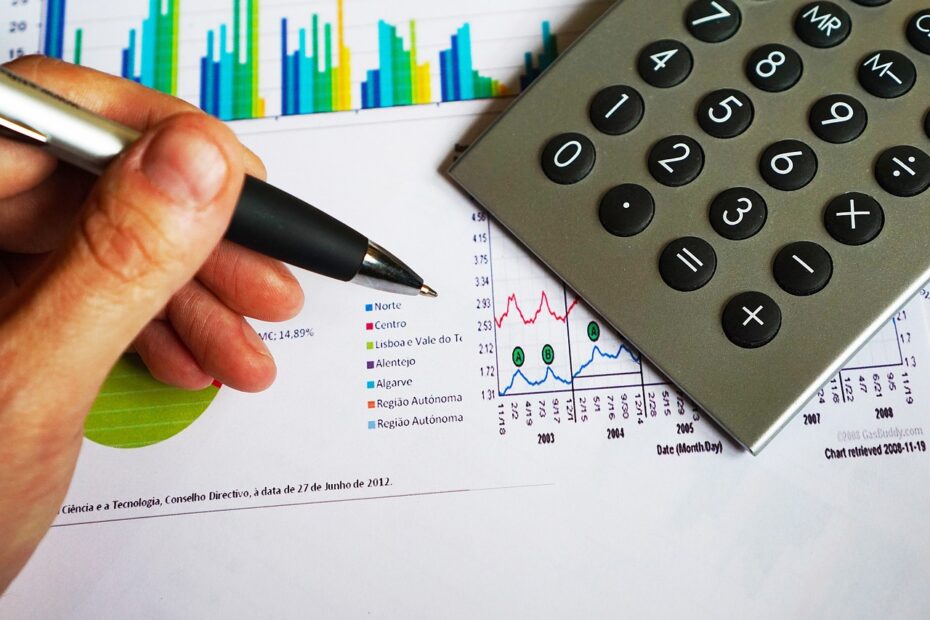Over the years, I’ve found that long-term financial well-being consistently comes down to three foundational practices. These principles can help reduce stress, increase financial flexibility, and set the stage for lasting success.
1. Be Cautious with Debt – Reserve Borrowing for Your Primary Residence
One of the most impactful decisions you can make is to avoid borrowing money for anything other than your principal residence.
If you want to purchase a vehicle or take a vacation, plan ahead and pay with savings. While it’s common in today’s culture to finance these types of expenses, doing so often leads to a cycle of debt that diminishes your monthly cash flow and overall financial freedom.
We’re frequently marketed the idea that “success” means owning a certain type of car, wearing certain brands, or living in a specific neighborhood. I’ve worked with individuals whose vehicle payments are equivalent to what could have been a mortgage payment—an unsustainable financial choice over time.
Low interest rates are often used as a selling point to encourage financing cars, boats, or recreational items. But the real issue isn’t the rate—it’s the resulting loss of cash flow. When people say the cost of living is overwhelming, debt is often the root cause. Prioritizing purchases with cash protects your income and gives you more control over your future.
2. Maintain a Fully Funded Emergency Fund
An emergency fund is your financial safety net. I recommend setting aside 3 to 6 months’ worth of essential living expenses in a secure, accessible account—such as a high-interest savings account or a term deposit.
While it can be tempting to invest these funds for potentially higher returns, the goal here is security, not growth. Market downturns don’t align with life’s emergencies, and being forced to sell investments at a loss can be financially damaging.
Whether it’s a job loss, illness, unexpected home repair, or a special assessment on your property, having a well-funded emergency reserve allows you to manage surprises with confidence.
3. Create—and Maintain—a Practical Budget
Budgeting is not about restriction; it’s about intention. It gives you clarity, control, and peace of mind when it comes to your money.
A good budget doesn’t just track spending—it assigns purpose to every dollar you earn. For example, if your monthly income is $1,000, you might allocate $300 to housing, $150 to transportation, $200 to food, and distribute the remaining $350 across savings goals, leisure, and other needs.
Think of it like physical health: just as exercise and nutrition are key to your body, budgeting and planning are key to your financial health.
Consider setting a specific day each month—say, the 17th—for a “budget check-in.” Review your numbers, assess whether your spending aligns with your goals, and make adjustments if needed. This process helps take emotion out of financial decisions, reduces money-related tension (especially between partners), and ensures every dollar is working in service of your goals.
Businesses hold monthly financial meetings for good reason—your household deserves the same attention and discipline.
Helpful Resources
To support your budgeting journey, here are a few recommended tools:
-
Budget Planner (Government of Canada)
https://itools-ioutils.fcac-acfc.gc.ca/BP-PB/budget-planner -
Income, Expenses & Budget Toolkit
https://www.canada.ca/en/financial-consumer-agency/services/financial-toolkit/income-expenses-budget.html -
Dave Ramsey’s 7 Baby Steps
https://www.daveramsey.com/dave-ramsey-7-baby-steps
If you’d like help building a budget, reviewing your emergency savings, or evaluating how debt might be affecting your long-term plan, please don’t hesitate to reach out. I’m here to help.
